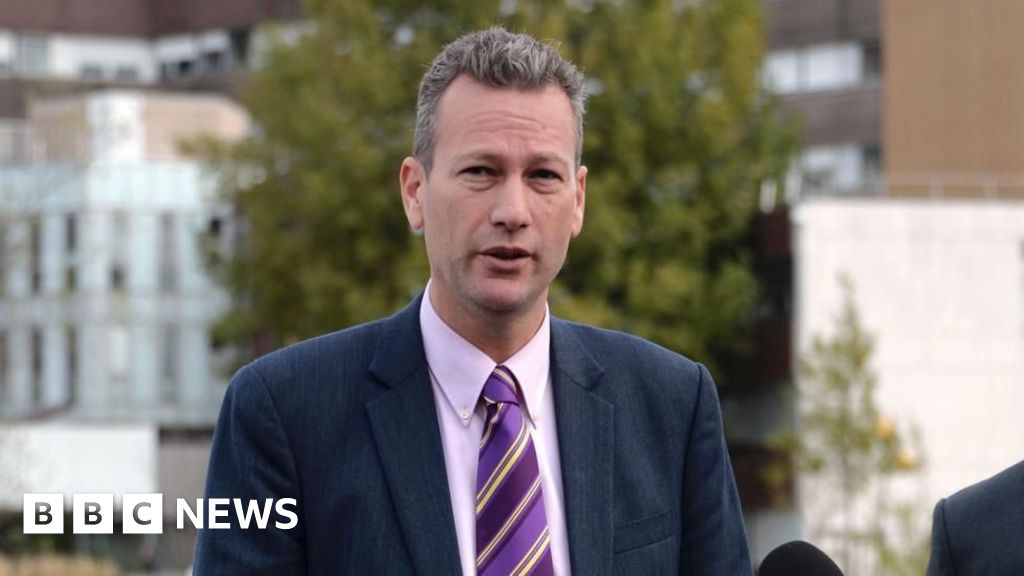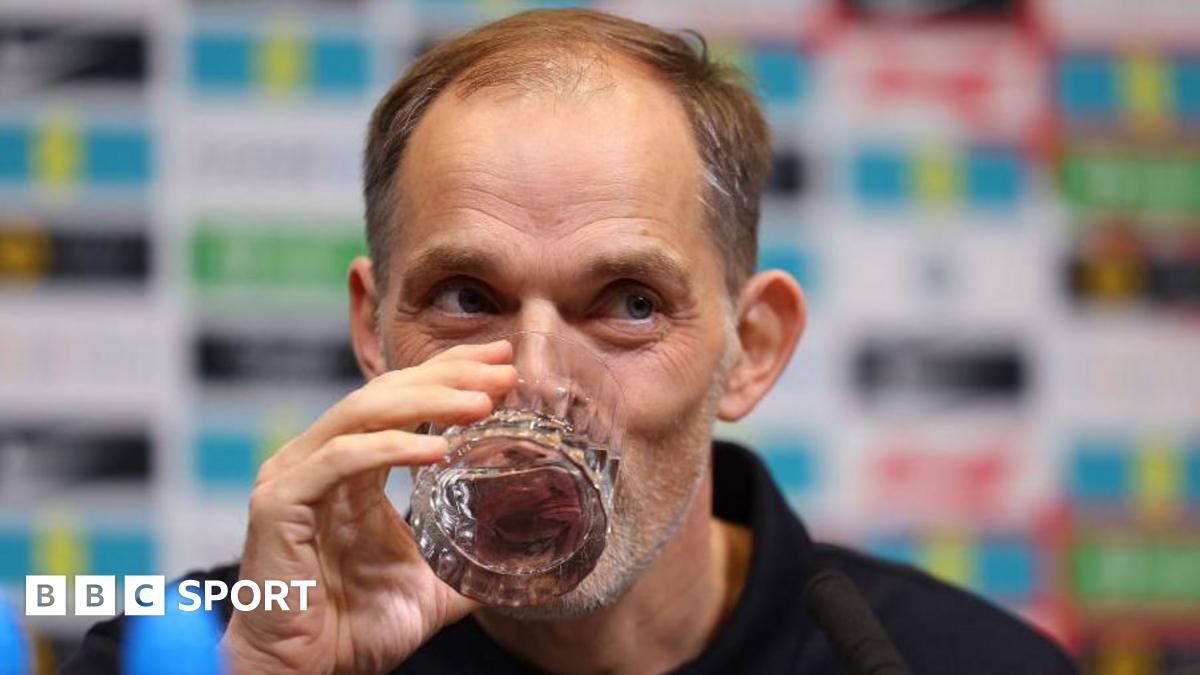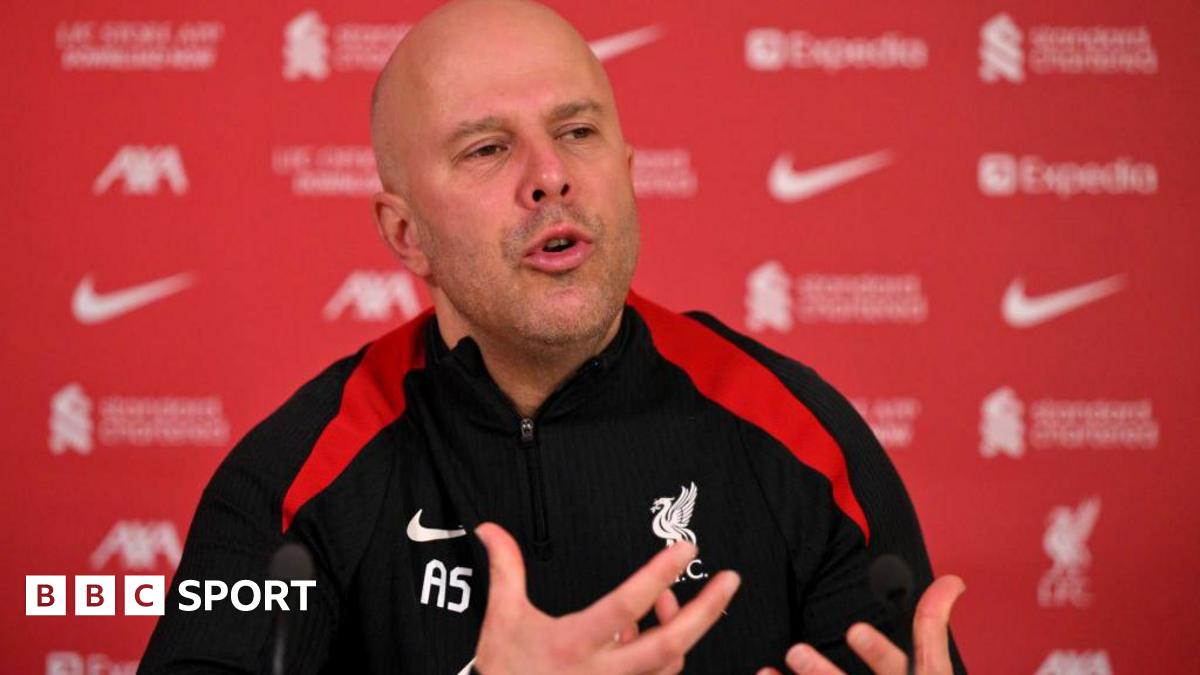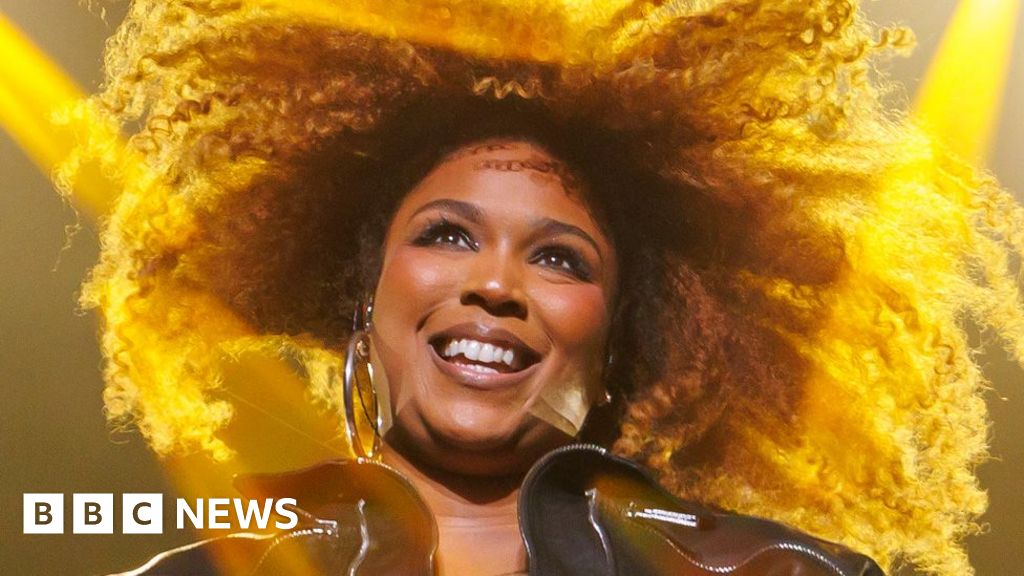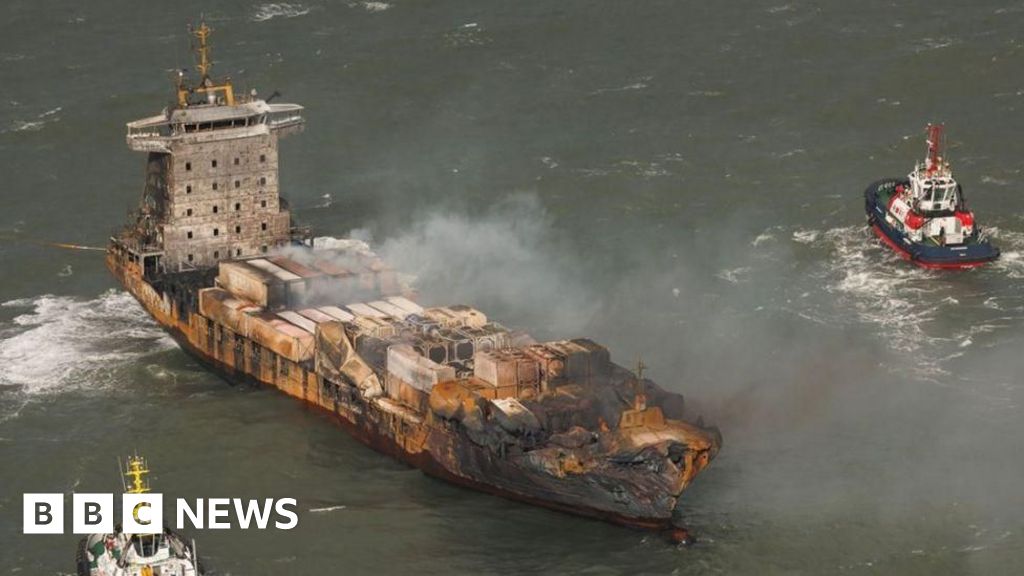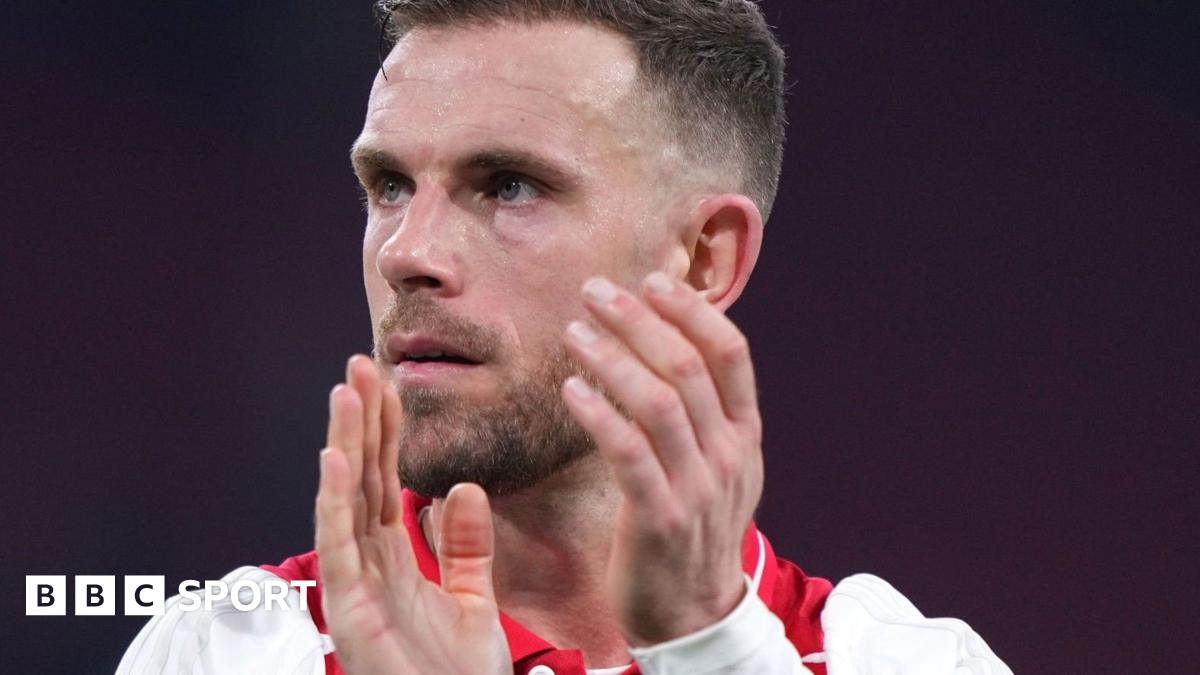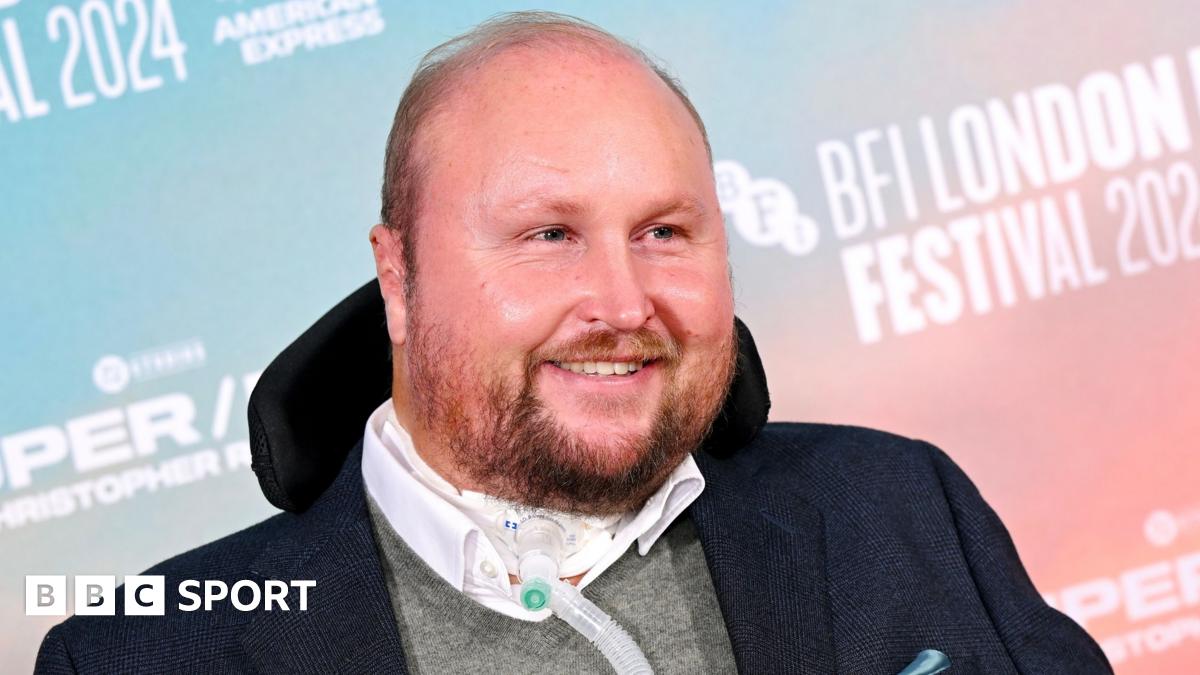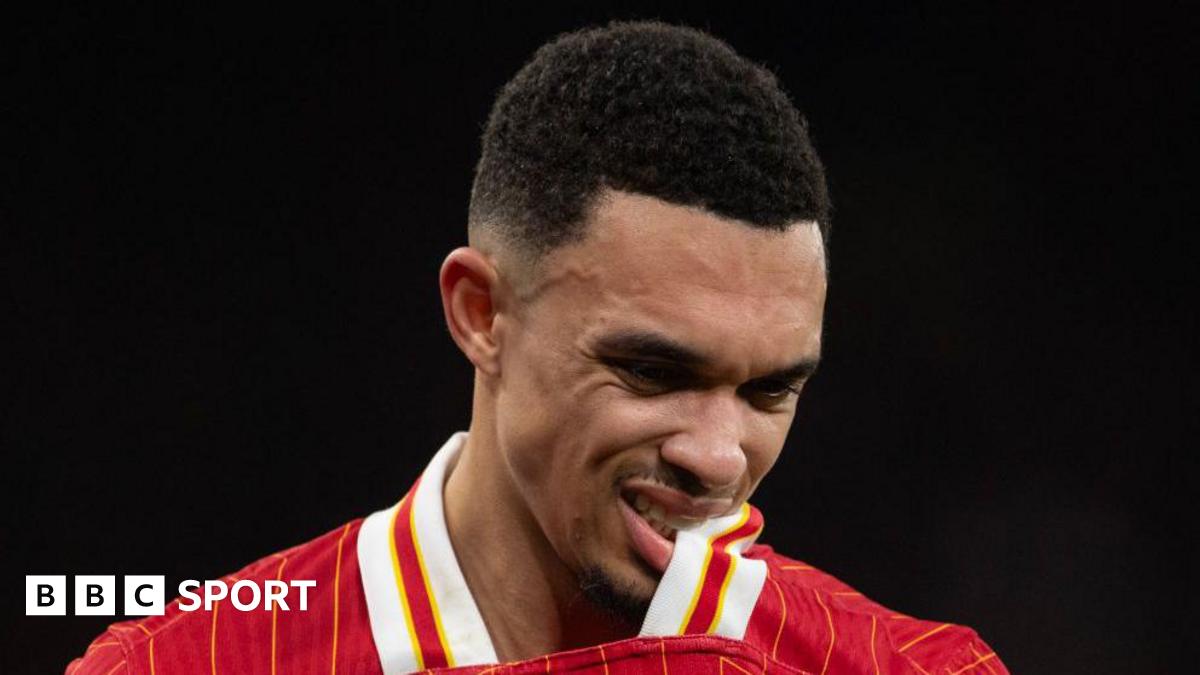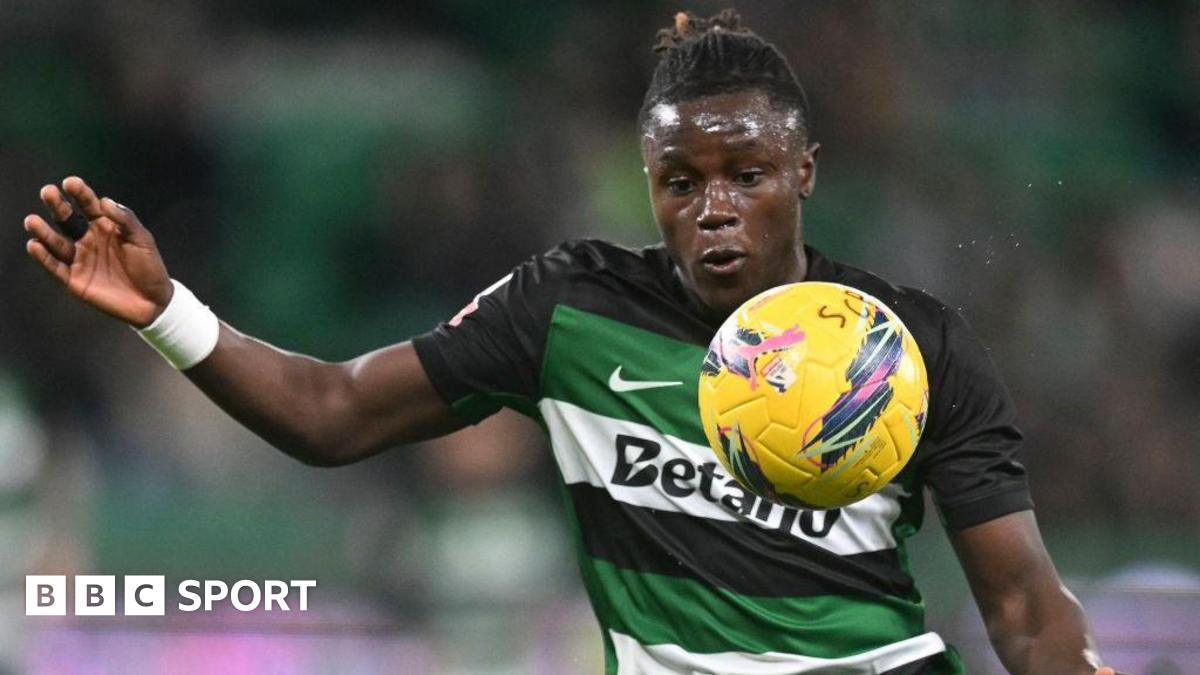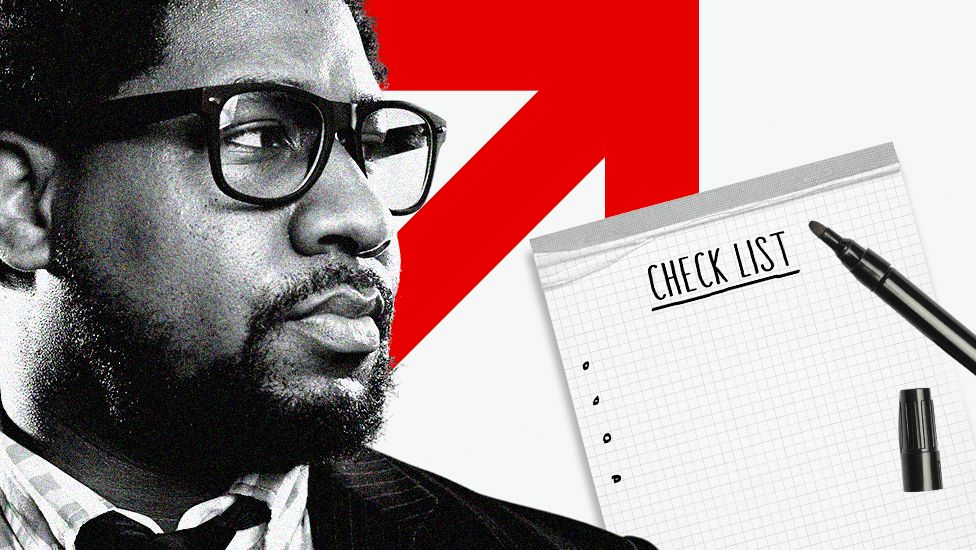
By Kevin Peachey & Lucy Hooker
BBC News
Two years of rising prices have left many people struggling to pay their bills and in debt.
If you are in that position one option is to seek a debt relief order (DRO). Since 6 April in England and Wales there has no longer been a £90 fee for applying for one.
A DRO lets people who have got into severe difficulties start afresh.
But there are other ways to tackle your debt. So what can you do if you find yourself in difficulty?
What should I do if I'm struggling with debt?
First, work out how much you owe, who to, and how much you need to pay each month, says the charity Citizens Advice.
Next, create a budget by adding up your income, such as your wage and any benefits you receive, then taking away the amount you need for essential living costs like food and housing. The amount left is what you have available to pay your debts.
Once you have taken stock of your situation, see whether you can reduce your outgoings: you may be eligible for a reduction in your council tax or a lower tariff on your broadband or TV package for example.
You may also be able to boost your income. Check which benefits you are entitled to on the independent MoneyHelper website, external, backed by the government, or using benefits calculators run by Policy in Practice, external and charities Entitledto, external and Turn2us, external.
Where can I get free debt advice?
It is important to talk about your financial difficulties - the earlier, the better - or you may find yourself in a spiral of debt.
If you think you cannot pay your debts or are feeling overwhelmed, seek support. Help is available. A trained debt adviser can talk you through the options available.
Information and support is free of charge - here are some organisations who may be able to help.
How do I start paying off my debt?
Identify which bills and debts are most urgent and pay them first, says debt advice charity StepChange.
That will include your rent or mortgage repayments, and any other loans secured on the home. It also includes gas and electricity bills, child support and maintenance payments, council tax, income tax, VAT and other taxes, TV licence payments, court fines and payments.
These are all what are known as priority debts and bills, because there can be serious consequences if you do not pay them, such as losing your home or facing court proceedings.
You may have additional debts, such as credit card and store card debts, pay-day loans, buy-now-pay-later payments, overdrafts, unsecured loans and water bills. If you do not pay these off, their cost can spiral and could lead to legal action or bailiffs seizing your property.
StepChange advises trying to make the minimum payments on every debt to avoid default charges, which can affect your credit rating. After that pay most towards whichever debt has the highest borrowing cost or interest rate.
What can I do about energy bill debt?
Your energy supplier must give you a chance to clear your debt through a payment plan - that means you agree to pay off the outstanding amount you owe, but spread out in smaller amounts over a longer period.
If you don't agree a plan they can switch you onto a pre-payment mode to make sure you do not fall further into arrears.
What is a breathing space?
People in England and Wales who are getting debt advice can apply for a break, lasting up to 60 days, as part of the "breathing space" scheme, external. It shields them from further interest and charges to prevent them falling into a spiral of debt.
Image source, Getty Images
If you are receiving mental health crisis treatment you can also apply for a breathing space scheme, external which lasts for the length of your treatment, plus another 30 days.
Consultation is under way for a similar scheme in Northern Ireland. In Scotland, an alternative short-term debt relief system is known as a Statutory Moratorium, external and lasts for six months.
What if I can't afford to pay off my debts at all?
If you think there is no way to pay off your outstanding debts, you may have to consider some form of personal insolvency.
This should only be done after seeking advice.
Going through an insolvency process can have an impact on your personal and professional life, debt charities warn, and will affect your credit rating for up to six years.
Should I apply for a debt relief order?
A debt relief order (DRO) is the easiest form of insolvency and is designed for people with few assets on low incomes. Your debts must not exceed £30,000 (rising to £50,000 at the end of June).
If your application is accepted, some of your debts will be frozen for one year, then written off. It previously cost £90 to apply for a DRO but from 6 April it will be free if you live in England, Wales and Northern Ireland.
Another option is an Individual Voluntary Arrangement (IVA). Under an IVA you make smaller payments over several years and then the rest of the debt is written off.
Full bankruptcy, which is also usually completed within a year, can result in you having to sell assets such as a house or car to pay your debts.
If you live in Scotland, bankruptcy is known legally as sequestration, external. There are three alternatives: a Debt Arrangement Scheme, a Debt Management Plan, or a Trust Deed.
Related Internet Links
The BBC is not responsible for the content of external sites.

 9 months ago
54
9 months ago
54
